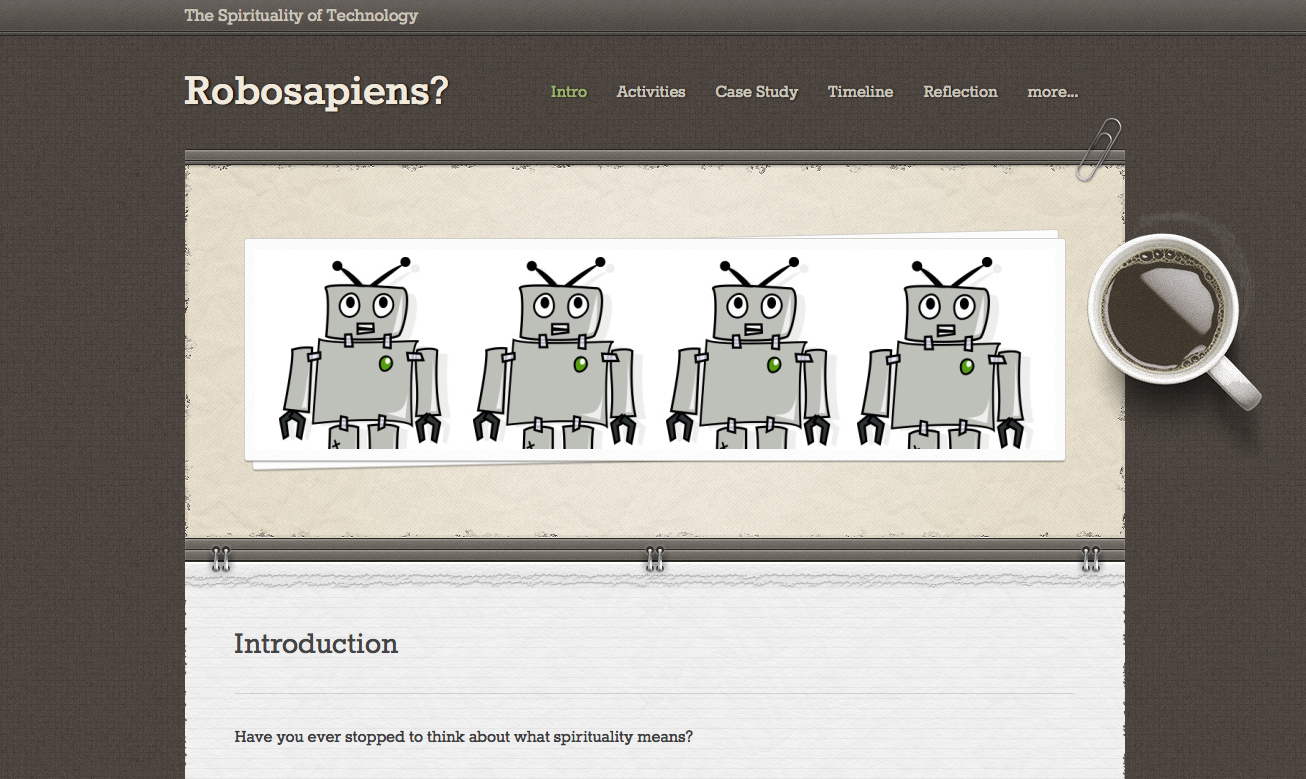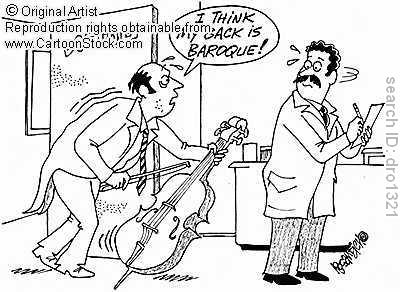[youtube=http://youtu.be/5JSYT2Ceqmo]
This video was designed as part of the Masters in Educational Technology program at the University of British Columbia in Vancouver, Canada. I was asked to design a media production around one of the themes or questions in a course I am taking. I chose to look at the question, “Is Media Education Important Enough to be Required?”
In making the video, I challenged myself to really think about the barriers to including media education in our schools. I kept coming back to the HOW of media education, rather than the what. It doesn’t matter which devices or programs we are using, if they are used well!
A friend of mine asked me about the use of tech in the classroom, especially tablets. She was reading an article in response to the LA Schools district’s fiasco with their mass iPad distribution (and shame-faced recollection), and one comment that jumped out at her was that children see certain technology as entertainment devices and are not readily switched over to valuing them as educational tools. She asked me for my thoughts.
For me, it comes back to the teachers. I strongly believe that we need to be introducing media and technology to our students in a way that they see it as so much more than just an entertainment device. We need to show them how to use an iPad, for example, for research, word processing, and creation of projects (iMovie, SoundCloud, GarageBand, Blogging platforms like Weebly or WordPress, etc.). If they are being shown how to access the incredible tools available to them (calculators, dictionaries, maps, iAnnotate for scholarly articles, word processing software, etc.) for a variety of subject areas, they will start to see the iPad as more than an entertainment device. They will start to see the big picture, and understand why they have been given this opportunity. It really does come down to the way that it is being introduced, and how its use is being monitored.
Another friend of mine wrote to me yesterday in response to this video saying, “I think it is a bit of a double edged sword… I find [that] students think that everything is a Google search away, with a cut and past delivery of information. There is a developing attitude of ‘I don’t need to know some thing when I can just Google it or punch it out on a calculator’. Problem with losing the pencil and paper [is that] it disassociates the tactile learning of how to understand what I see and how I physical[ly] effect my work. It loses the hands on and I think [this] is a vital method of learning. With the multimedia approach there seems to be loss of rout memory learning. I would be interested if there are any studies out that definitively say a child will learn better if learned from a media source [versus] a more traditional “paper and pencil”. Just because something is new and shiny, doesn’t mean its better. Also do the effects of using media increase the retention of learned concepts better, or could it help only a more visually or auditory learner…”. I was very excited to see my short film creating dialogue like this.
I don’t know if this old friend (from my elementary school days) is a parent, a teacher, or just a concerned citizen, but I feel that it warrants a response. I think the most important thing to remember is that we are talking about balance here. I am not trying to argue that we throw away the pencils and paper… rather, I am arguing that we cannot ignore technology and media education. We cannot continue to educate in the same way that we have done for so many years. It isn’t responsible! I want my children to know how to write things with pen and paper, but I also want them to understand how to responsibly use technology. I want to avoid the “cut and paste” style of research, and encourage my children and my students to examine their sources, their bias, their authors, and to know how to properly document their research. I want them to learn to think critically about information, rather than just memorize it and reproduce it. I want them to learn HOW to learn, and how to use the resources that they have around them.
The reality is that our students are growing up in a different time, where they are surrounded by information wherever they are. We need to take a different approach to education, and to how we are teaching our students to deal with this massive amount of information. We don’t need to stuff more content into their heads… we need to help them access this information, and to navigate it responsibly.
Back to my old friend’s comments above… where he argues that there is something about learning physically with a pencil and paper. It was actually this friend who sent me a link to a really interesting display of learning. He thought this would be a good video to share with students to help them learn about the topic of stars… but I see it through a different lens! What about the tremendous display of learning that these PhD students are showing us through the creation of this video animation? They have learned so much, and they took a hands-on, creative way to share this learning with others. This is what we need to recognize. See: http://www.phdcomics.com/tv/#020
I guess we could look at this topic from the other side. What happens to our students if we refuse to include media education in our schools? My biggest worry is that they will be lost in a sea of information, and unable to sift through it or evaluate it. They will never see technology as more than entertainment, and they will not be prepared for the world that we are living in, where technology is truly the pen and paper of our time. Sure, I still use sticky notes, but most of my communication is done right here. On this page. With these hands.



